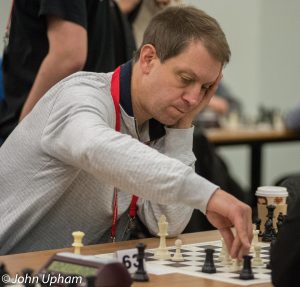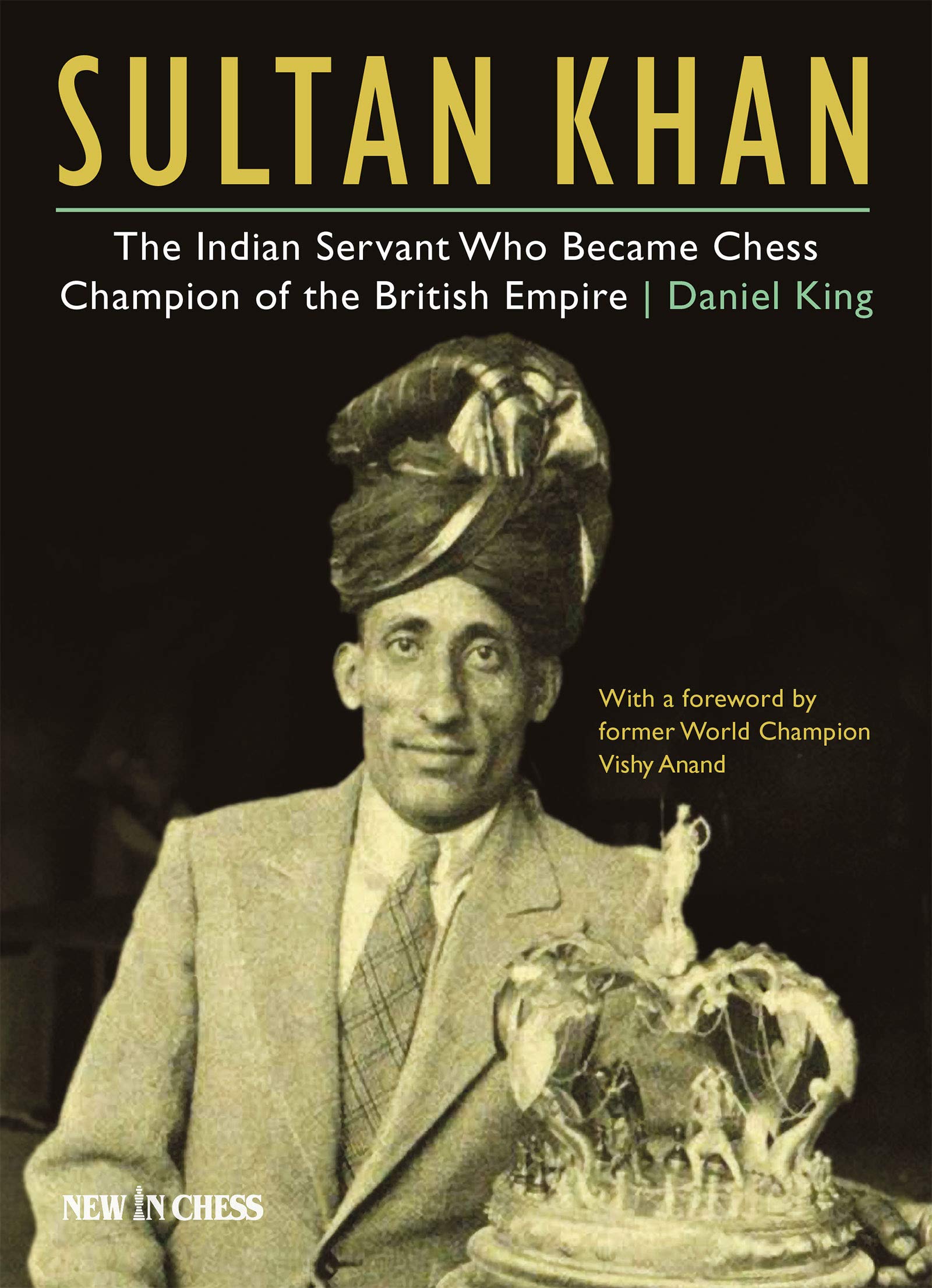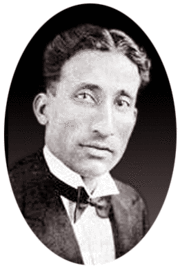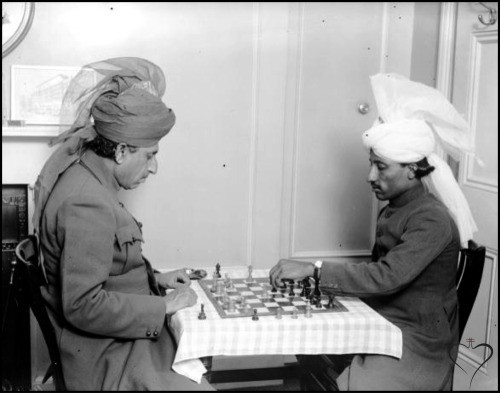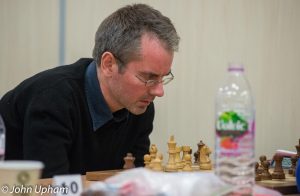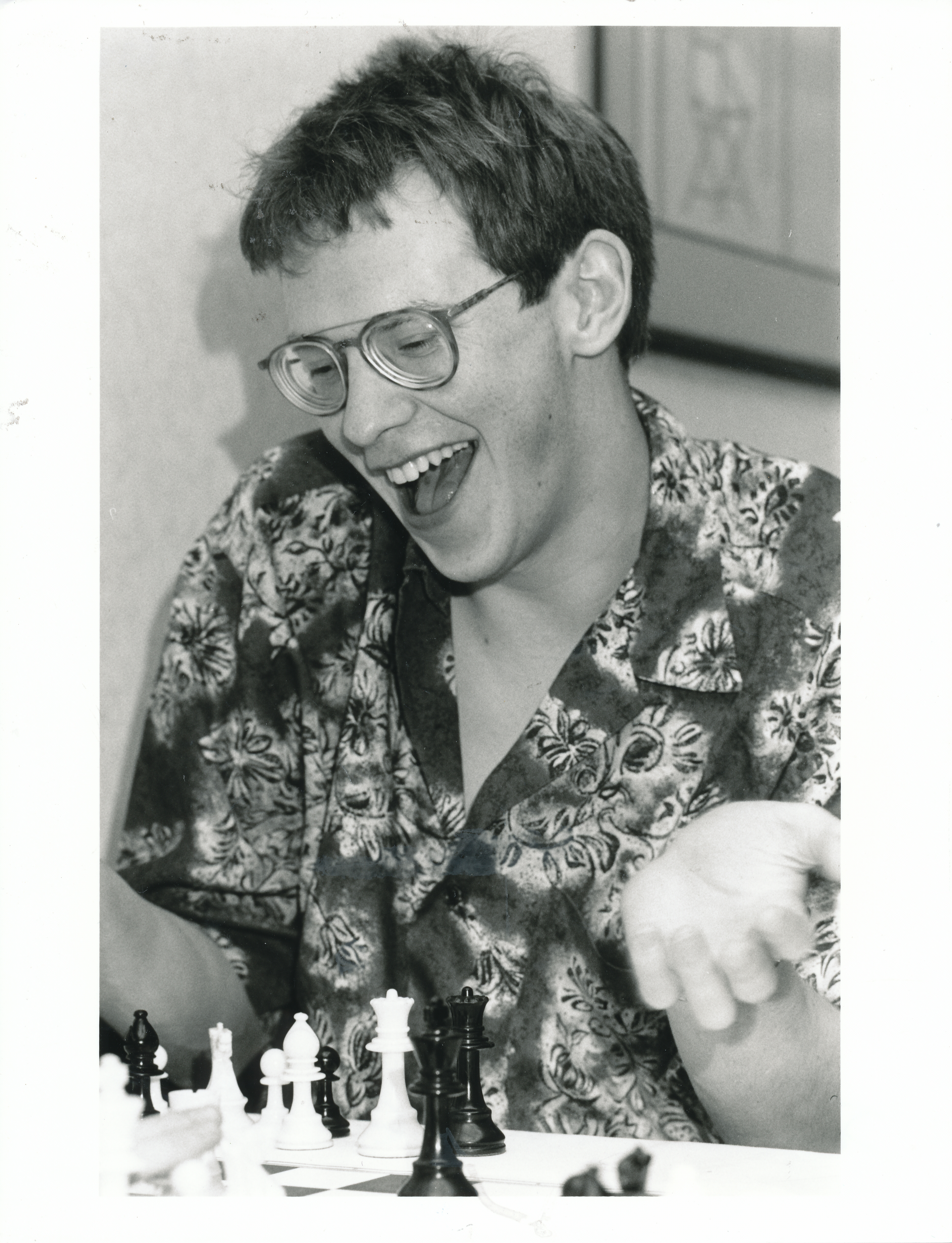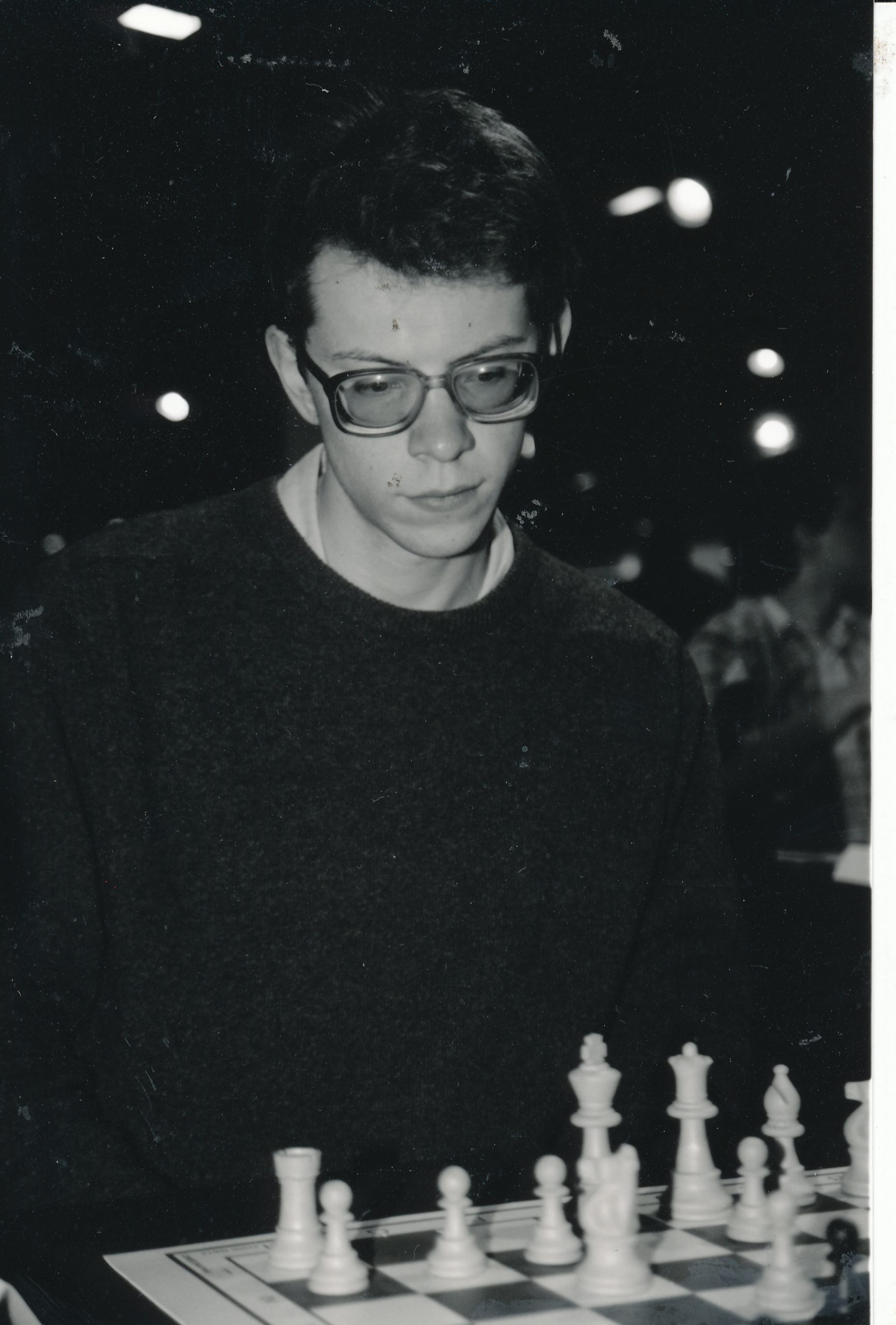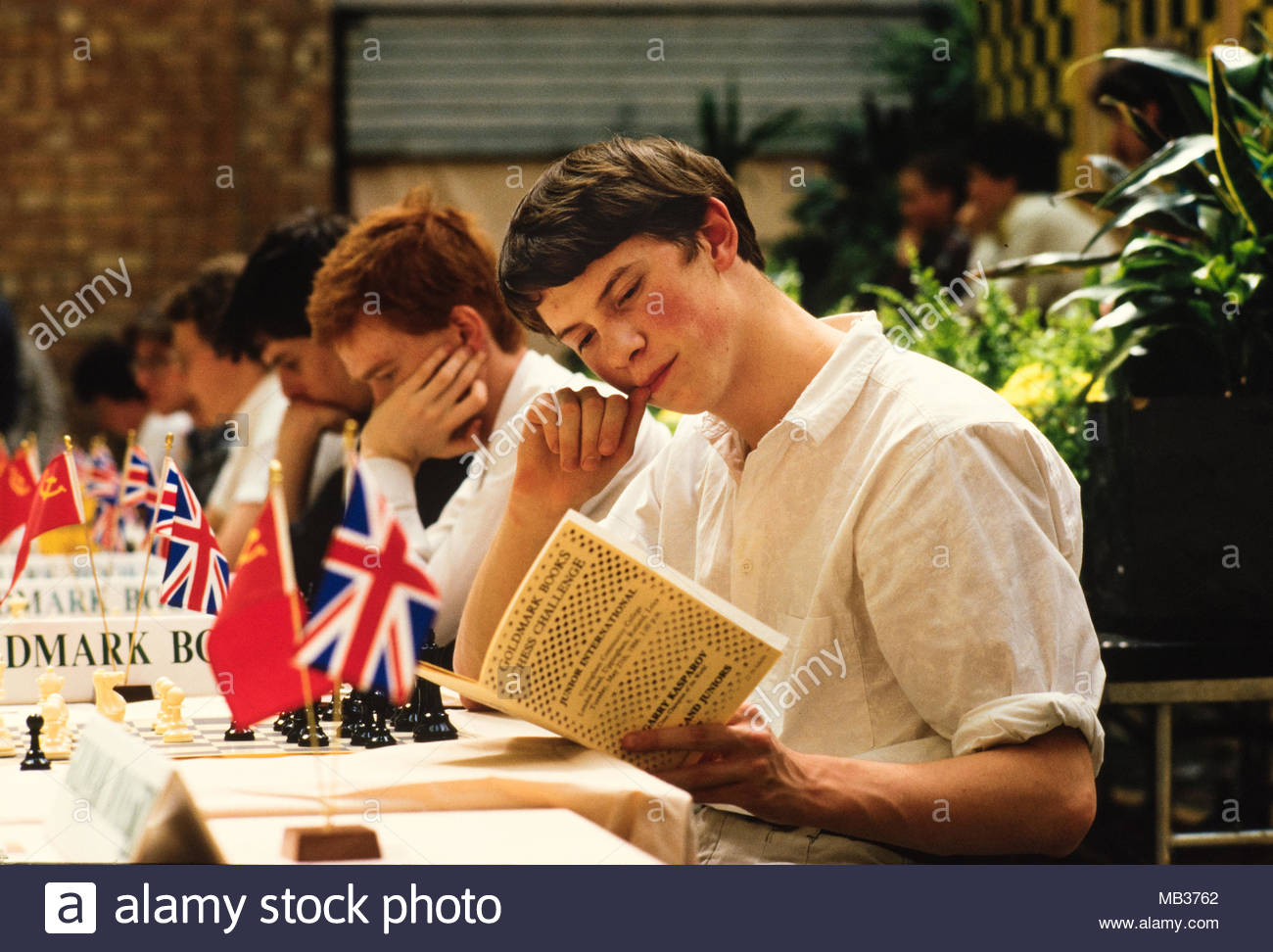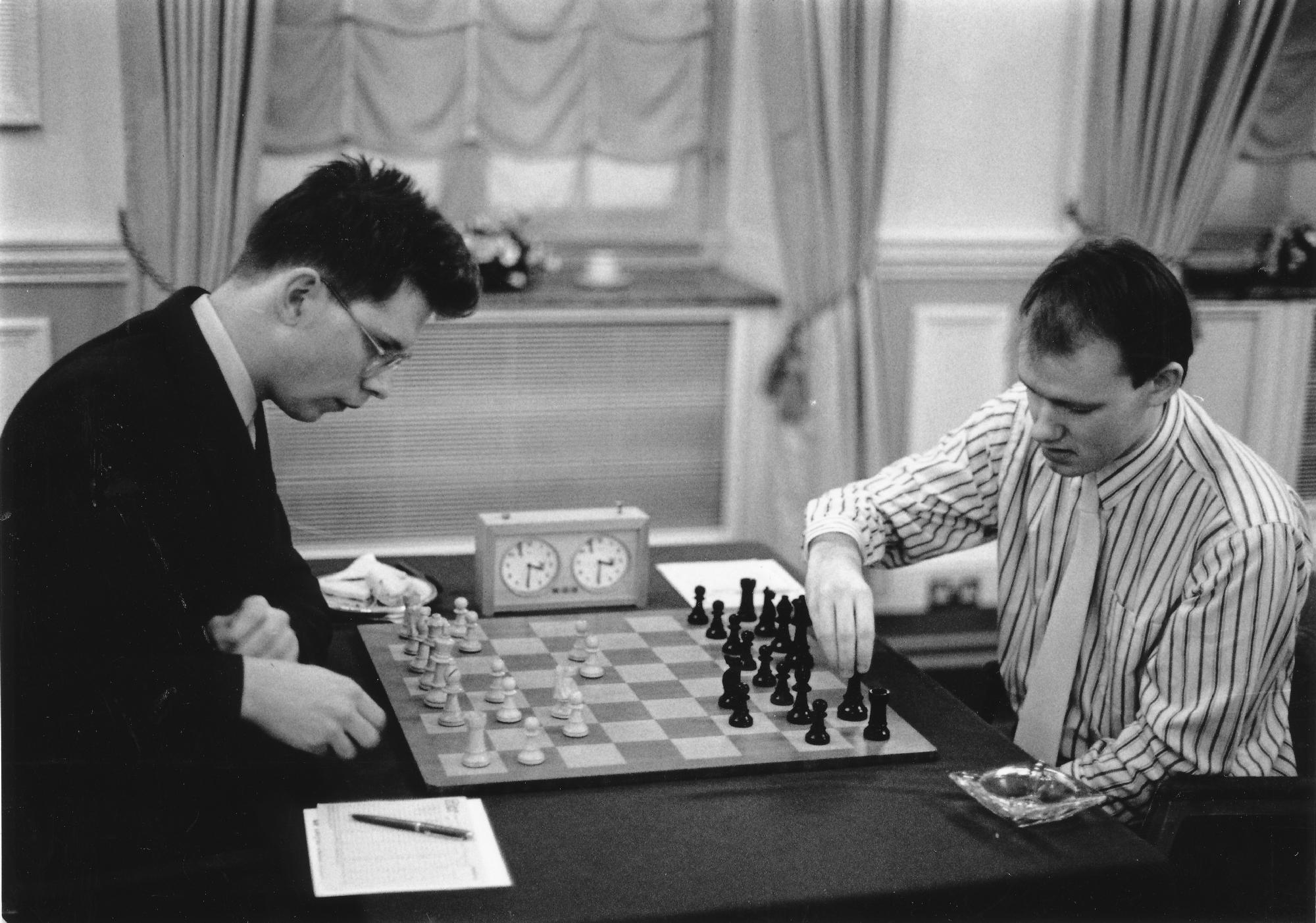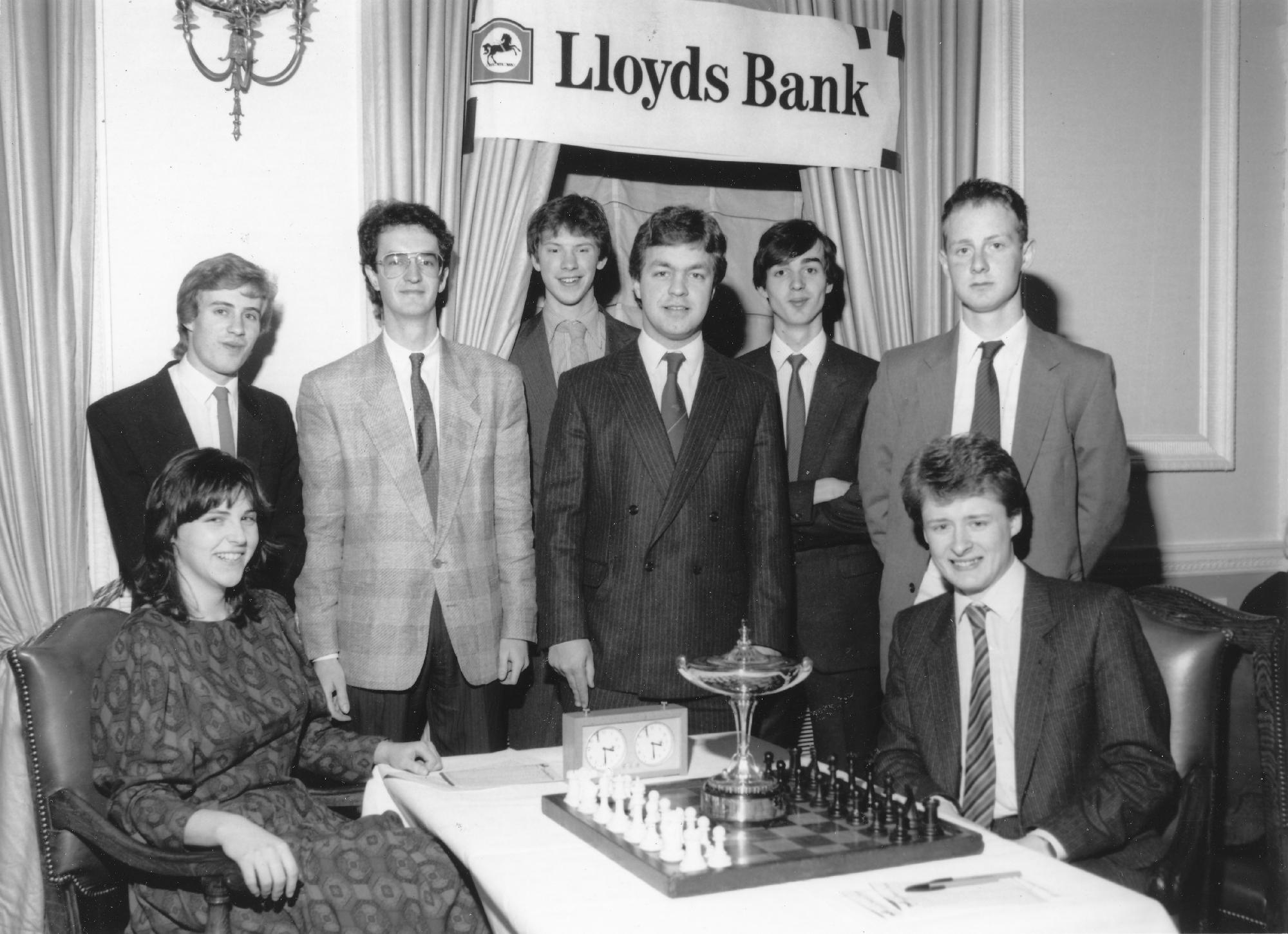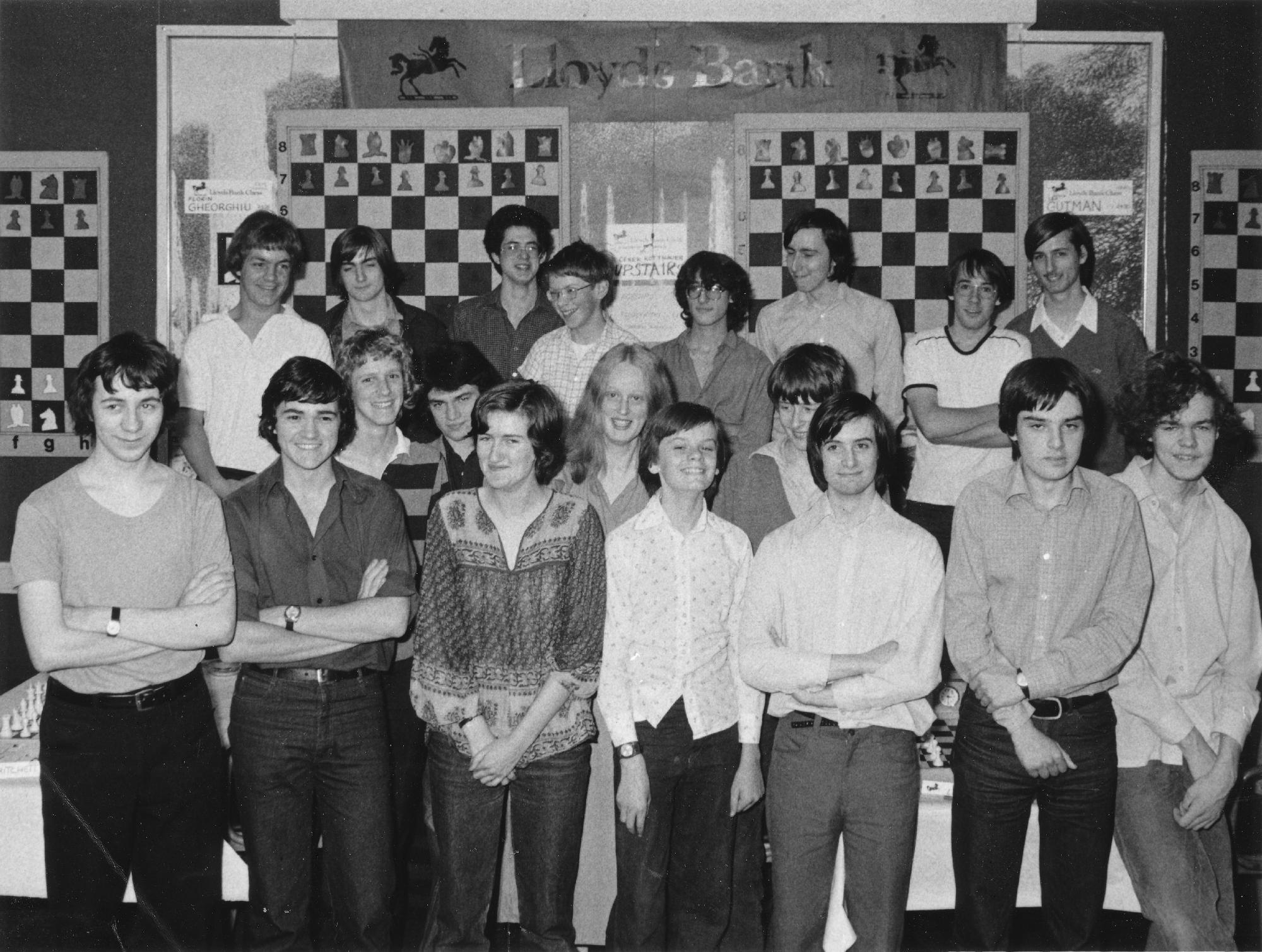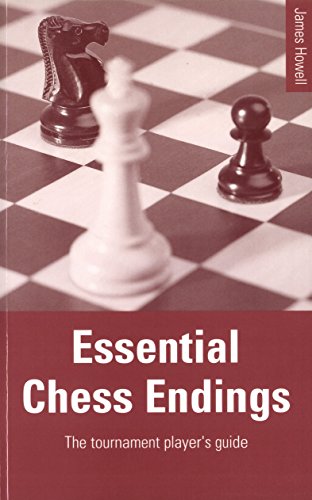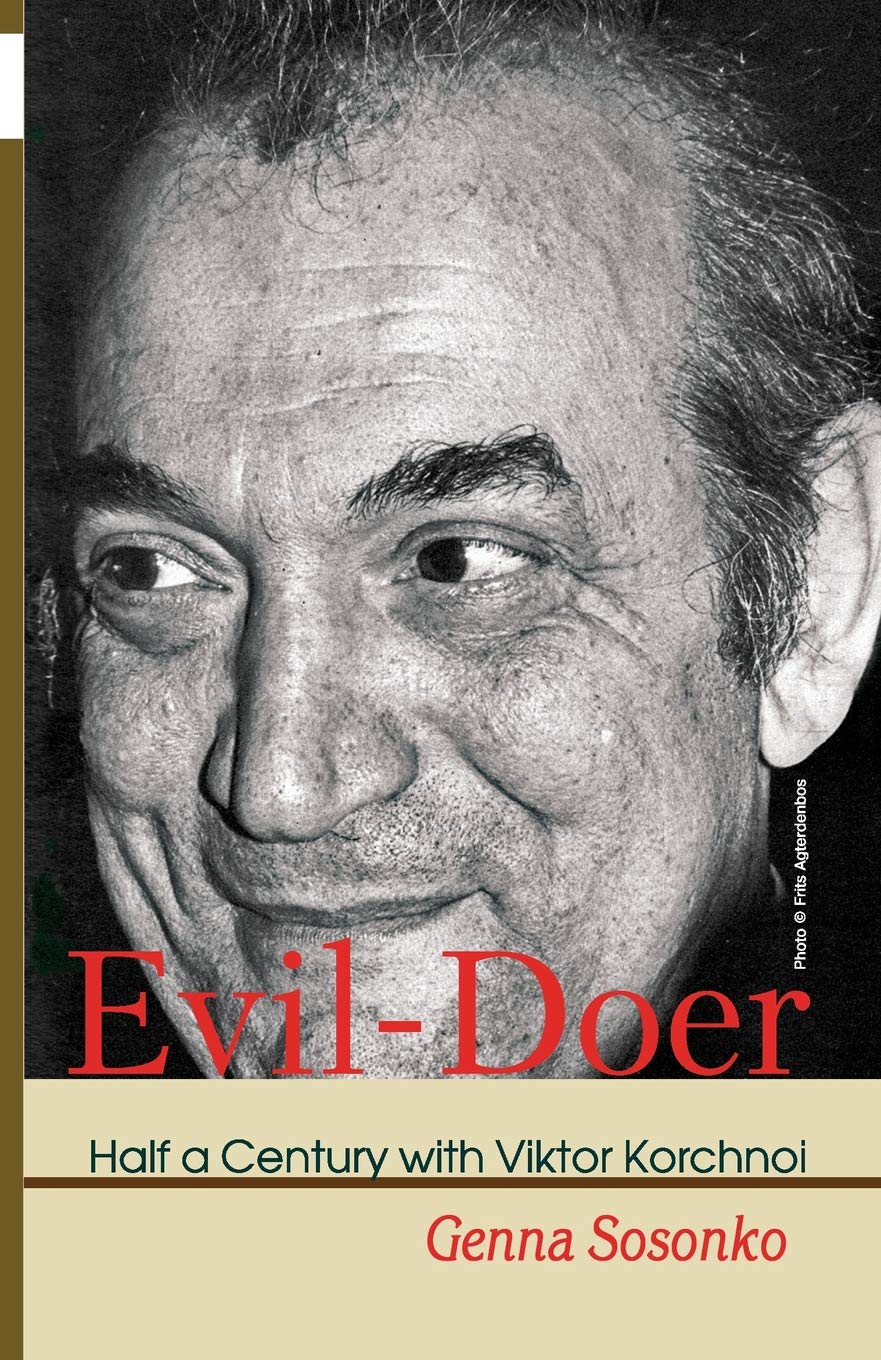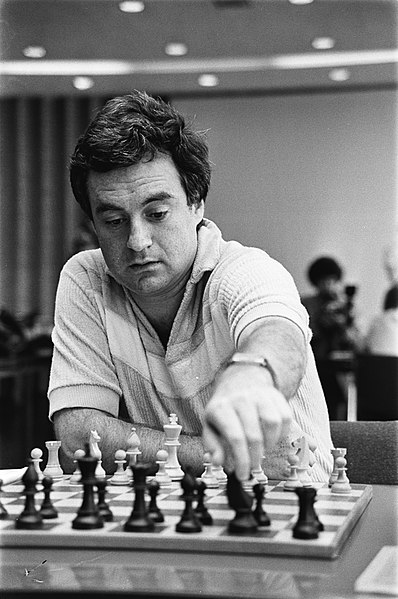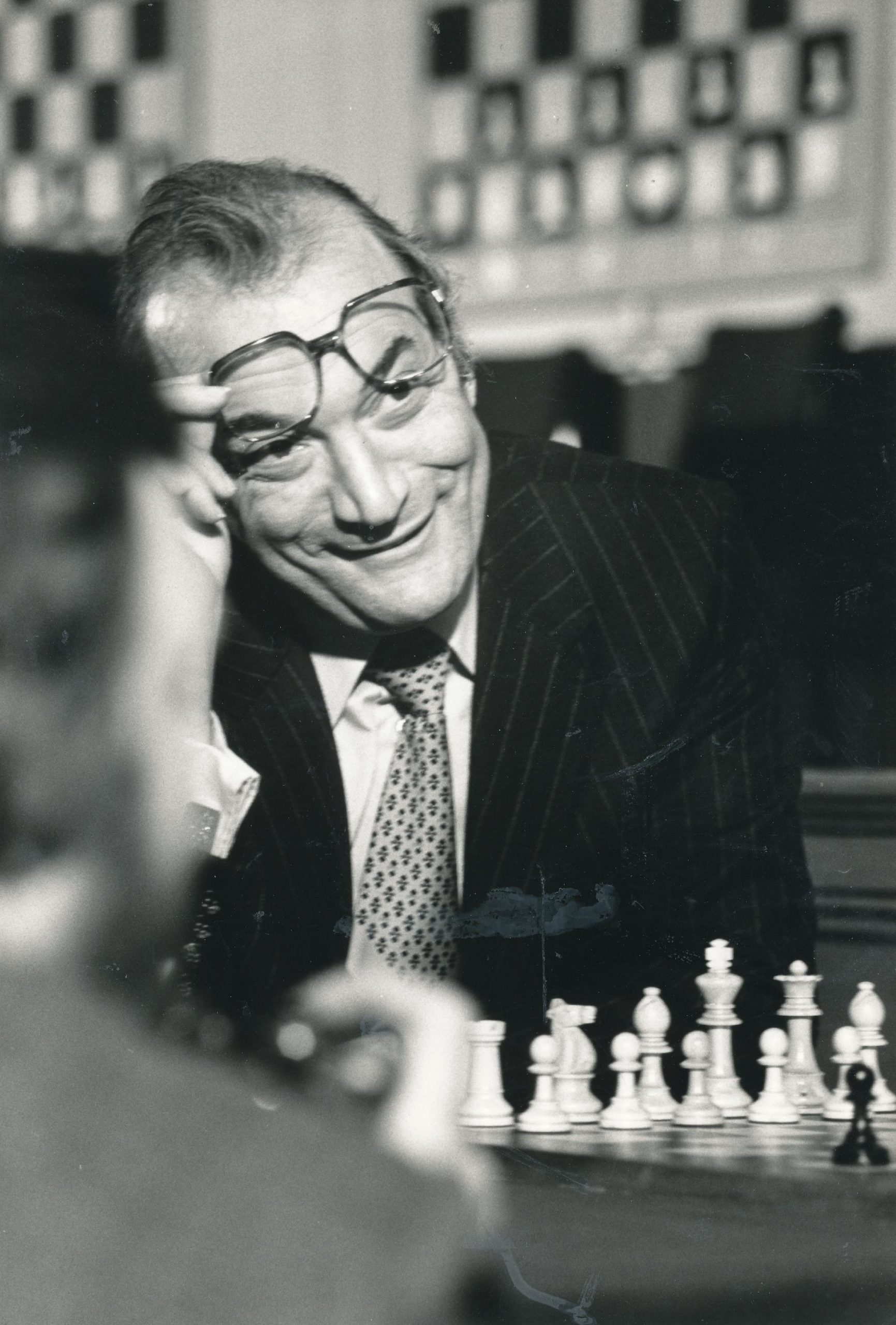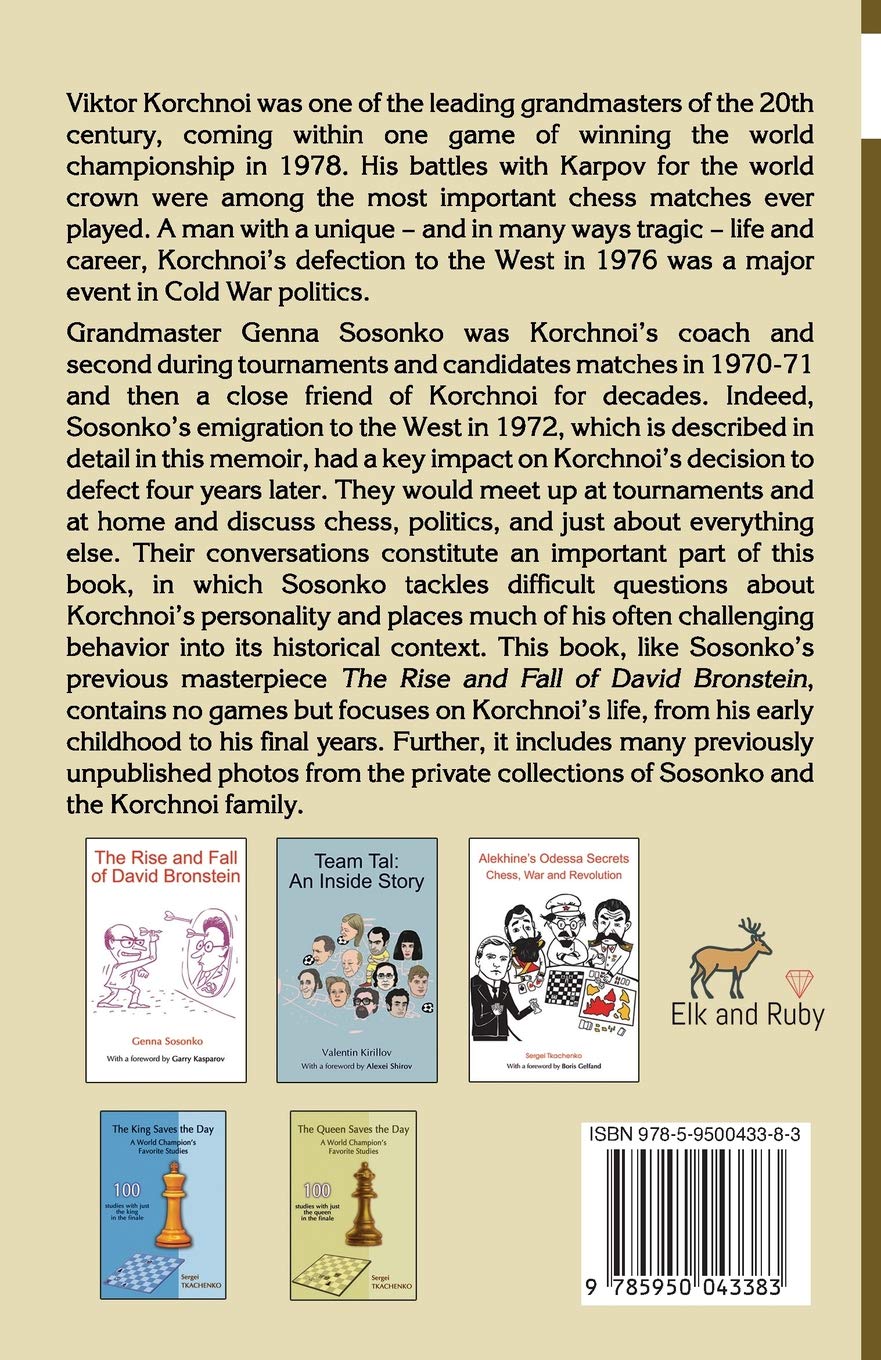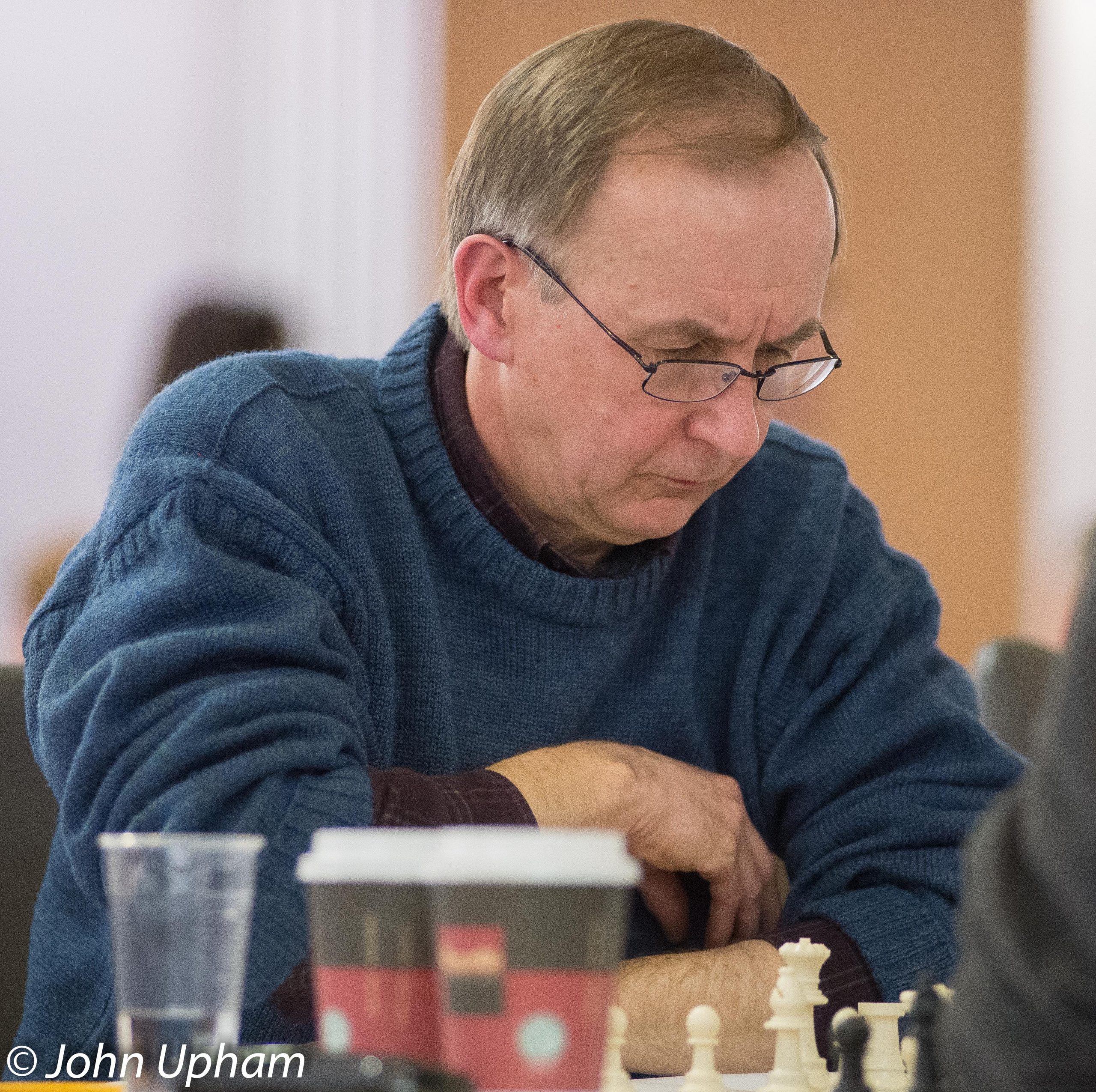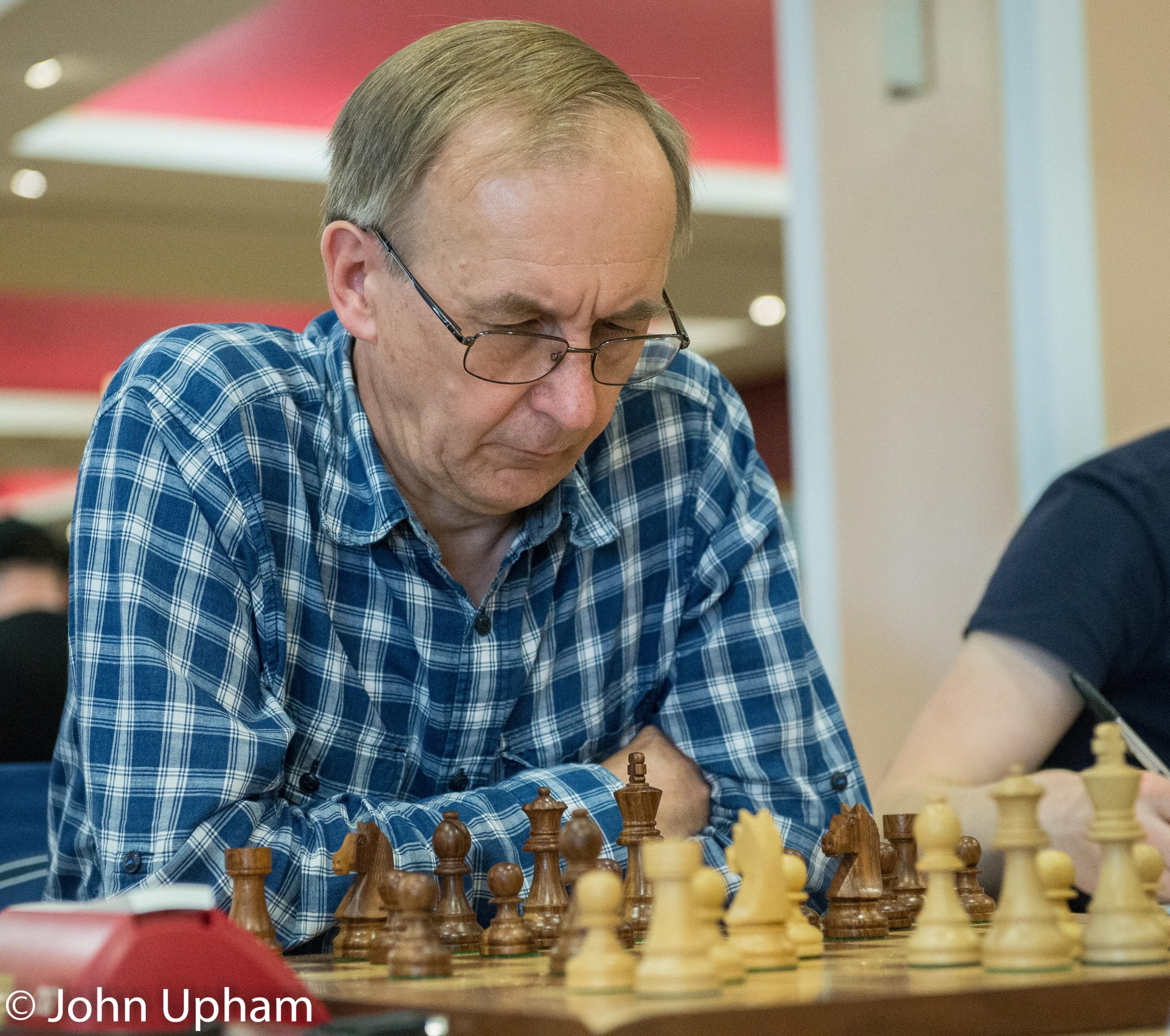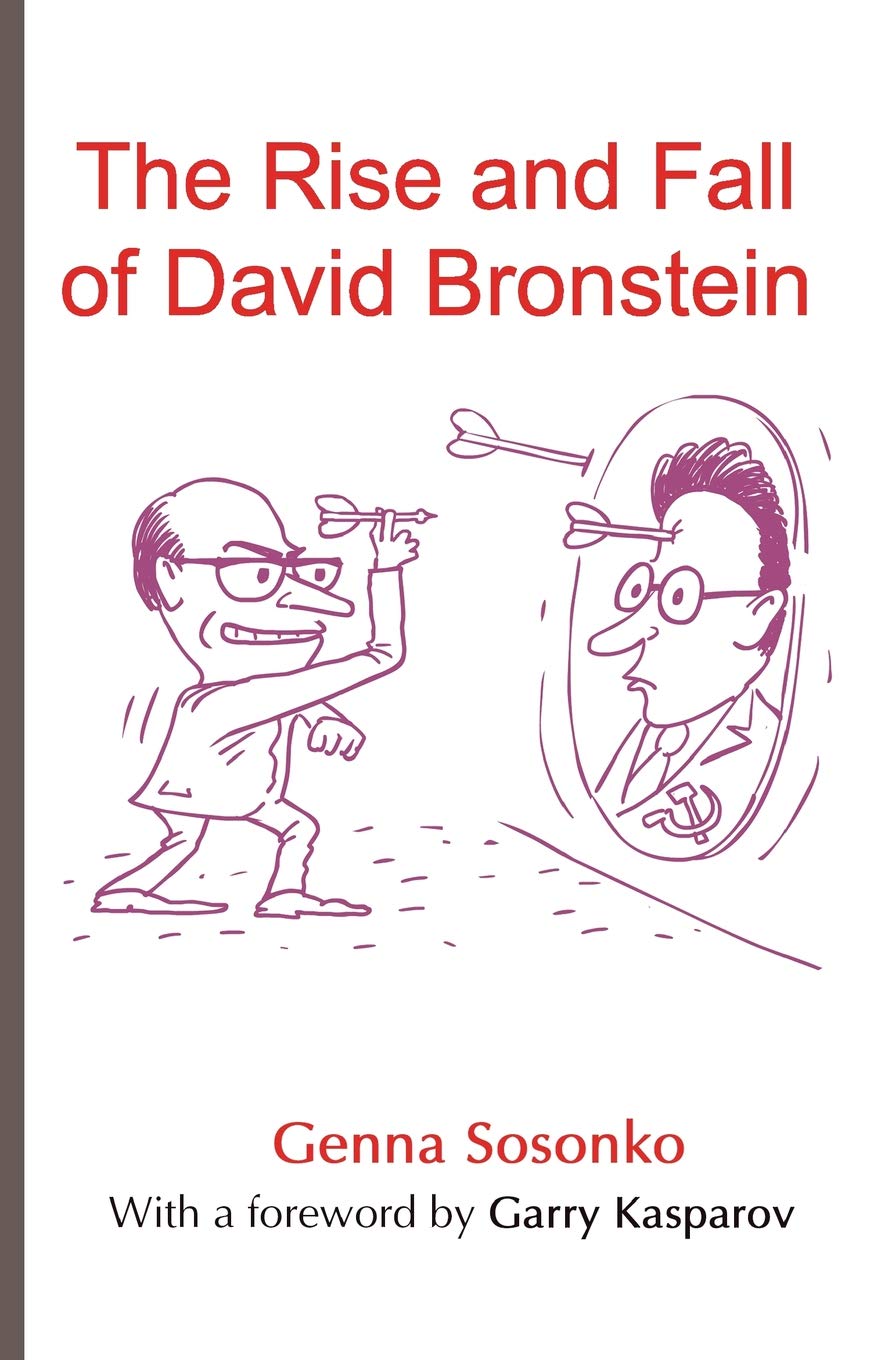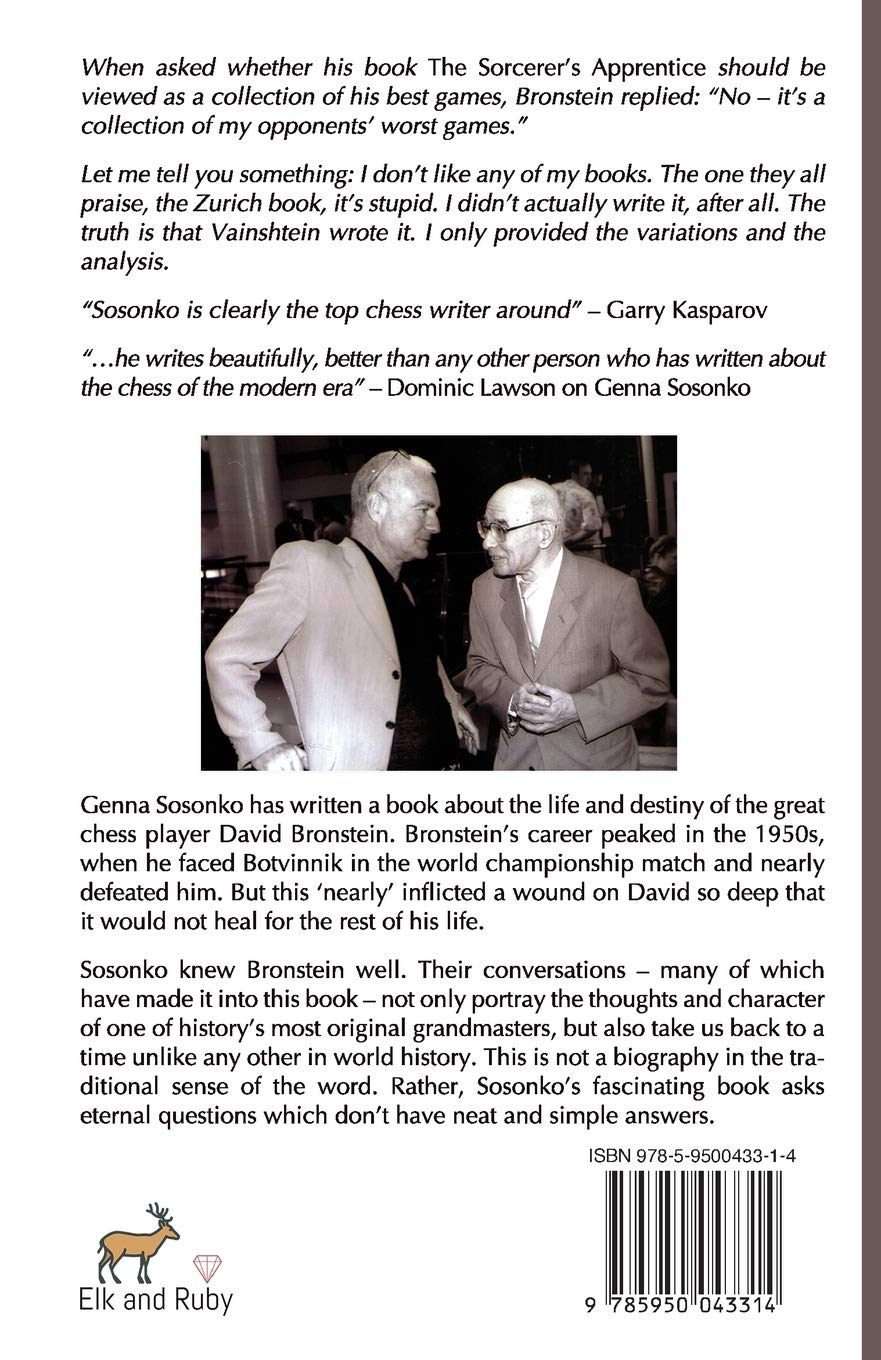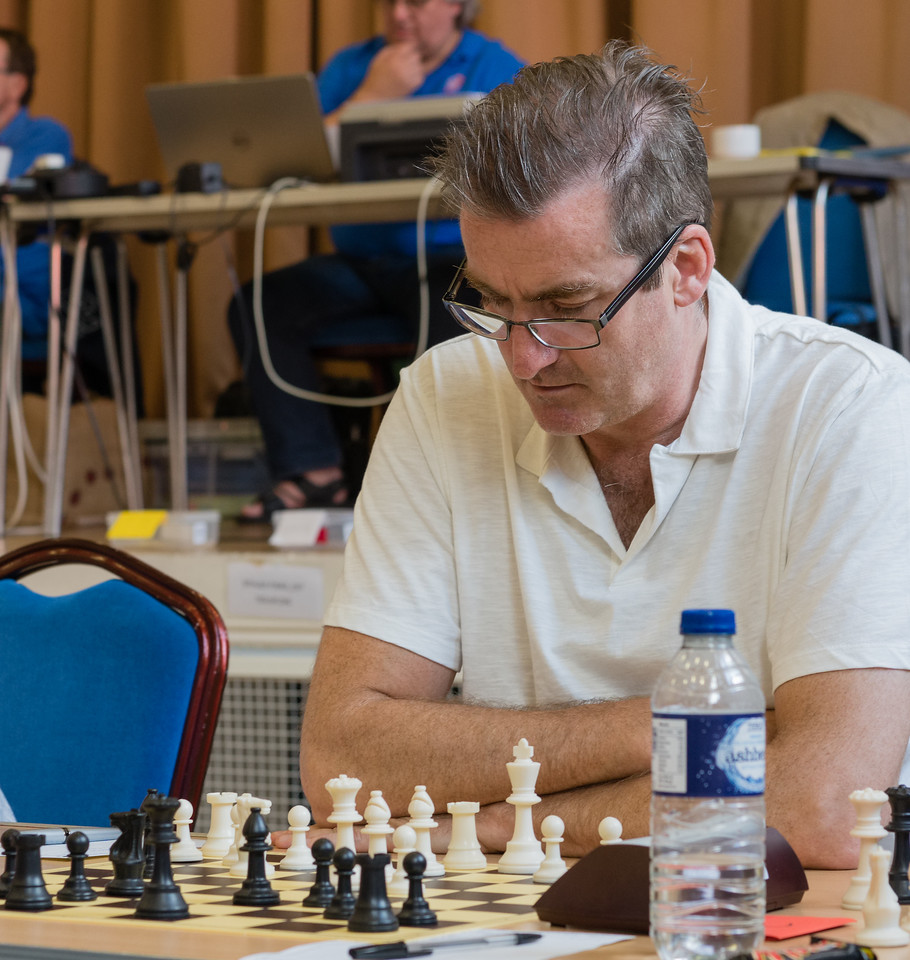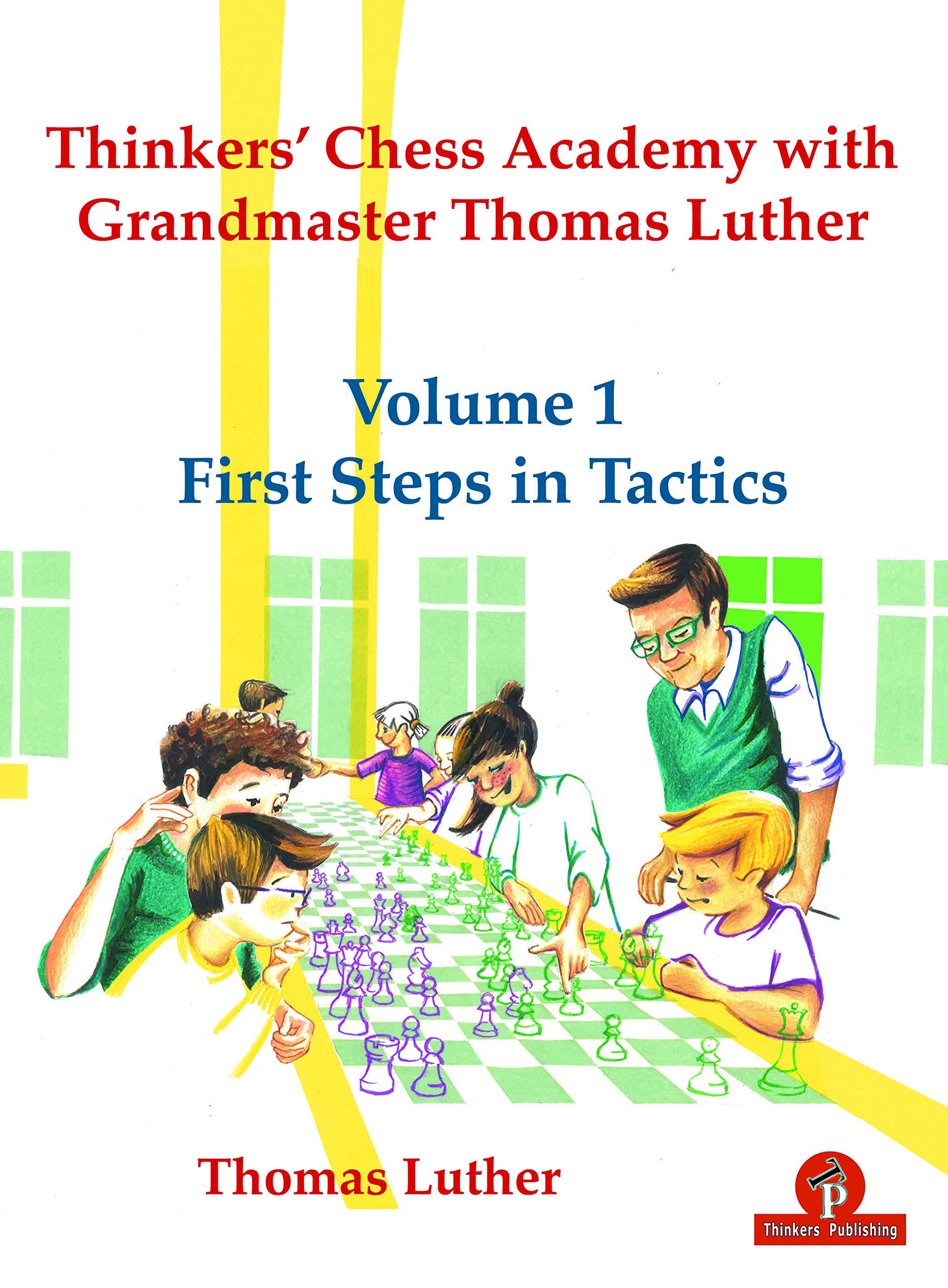
Grandmaster Thomas Luther, born in 1969, is the first player with a disability to have entered the FIDE Top 100 rating list. In 2001 he was ranked 80th in the world. He has won the German Championship three times and is well known as an experienced and successful coach. In 2014 his achievements were recognised by being granted the title of FIDE Senior Trainer. In his career to-date he has published several books and DVDs. This is his second book for Thinkers’ Publishing, after a co-production with Jugend Schach Verlag entitled “Chess Coaching for Kids – the U10 Project.”
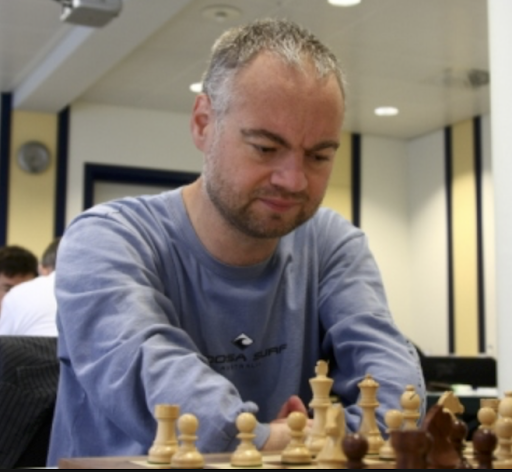
As with every recent Thinkers Publishing publication high quality paper is used and the printing is clear. In fact, for this particular title we have been treated with pleasing glossy paper that gives the book a higher quality feel than usual.
The book can easily be laid flat next to the board and does not require weights to prevent it from “self-closing” (a particular bugbear of ours !). Each diagram is clear and the instructional text is typeset in two column format, which, we find, enables the reader to maintain their place easily. Figurine algebraic notation is used throughout and the diagrams are placed adjacent to the relevant text and each diagram has a “to move” indicator.
There is no index which, unfortunately, is a standard omission of Thinkers Publishing books. Also missing is a bibliography. However, for a tactics books these items are less crucial, of course. A biography or autobiography would miss these things.
The main content is divided into sixteen chapters :
- Notation
- Exercises & Mazes
- Little Games
- Checkmate & Advantage
- The Winning Move!
- Rules & Behaviour
- Find Checkmate in Two Moves!
- Tactical Motifs
- Double Attack / Fork
- The Knight and his Forks
- The Skewer
- The Pin
- How to Handle a Pin
- The Overload Motif
- Discovered Attack
- History of Chess & Checkmate
We have reviewed several tactics books in the last few months and this one from Thomas Luther is really rather interesting. It would appear to have at least two clear target audiences : improving and ambitious juniors and also club players perhaps less than 1900 Elo.
The chapters on Exercises and Mazes and Little Games appeal to myself as a chess teacher and coach since these ideas are rarely presented by GMs. For example :
The rook has to give check to the black King.
He cannot move to a square where he be captured.
He cannot capture pawns, even if they are unprotected.
Make a guess how many moves are needed?
The “Little” Games (most western coaches would refer to these as “Mini” Games) is refreshing and entertaining :
In this position the pawns can overwhelm the bishop!
Following these interesting chapters we move on to more conventional themed tactics problems designed to build-up patterns that are recognizable. Each position has solution text that is aimed at junior and improving players reinforcing what (hopefully) has been learnt.
Chapter 6 (Rules & Behaviour) is somewhat unusual. Etiquette and basic playing advice is rarely discussed but again the focus is improving players. This sort of advice is regularly handed out by teachers and coaches but rarely found in print.
One of the more innovative features of the book are positions in which there is a win depending on who it is to move. Chapter 7 (Find Checkmate in Two Moves!) kicks off this notion and here is an example (there should be both a White and Black to move indicator) :
Before you ask, yes, most of these positions are concocted but that is irrelevant to the teaching aims of the examples.
One pleasing aspect of the bulk of the “normal” tactics chapters is that diagrams are large enough not to need a board and that, as a consequence, one can get a rhythm going almost akin to a “Puzzle Rush” ! Using a stopwatch also is not so silly.
Chapter 16 (History of Chess & Checkmate) will be of interest to perhaps more mature players and takes positions and puts them into a real life context about players current and past.
Not all books that are reviewed are going to be read cover to cover, but we did enjoy working through the examples. We’d say that an improving junior maybe 10+ in years will take to this book and get a lot from it. We are pleased that this book is free of silly cartoons which tend to put off serious juniors. When will publishers realise that cartoons do not enhance a chess book? The presentation is excellent and the material is fun to work on ! Highly recommended : chess parents take note.
John Upham, Cove, Hampshire, 28th May, 2020
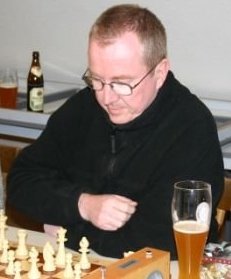
Book Details :
- Hardcover : 325 pages
- Publisher:Thinkers Publishing; 1 edition (19 May 2020)
- Language: English
- ISBN-10: 9492510723
- ISBN-13: 978-9492510723
- Product Dimensions: 16.8 x 1.5 x 23.1 cm
Official web site of Thinkers Publishing


